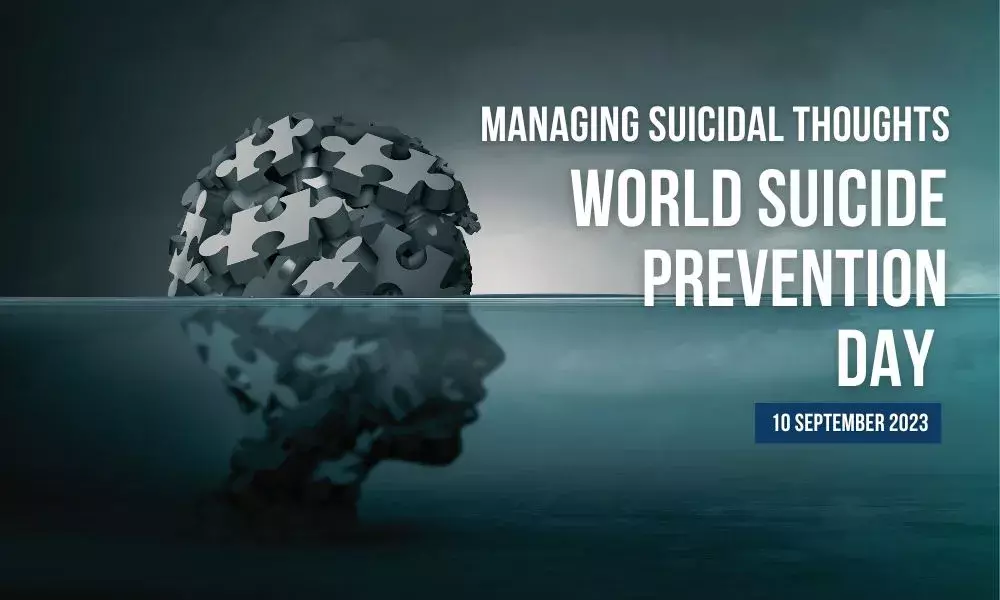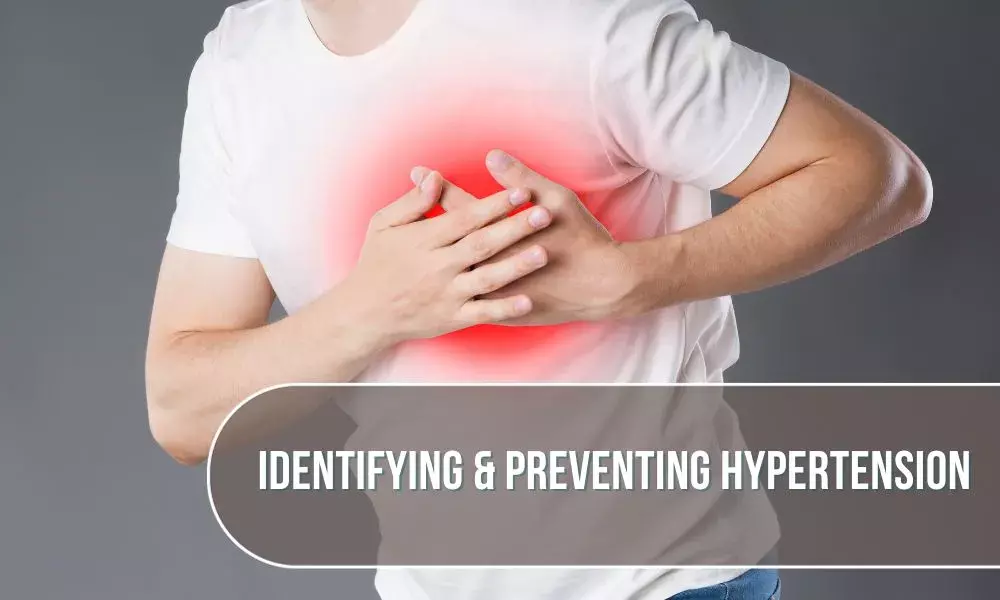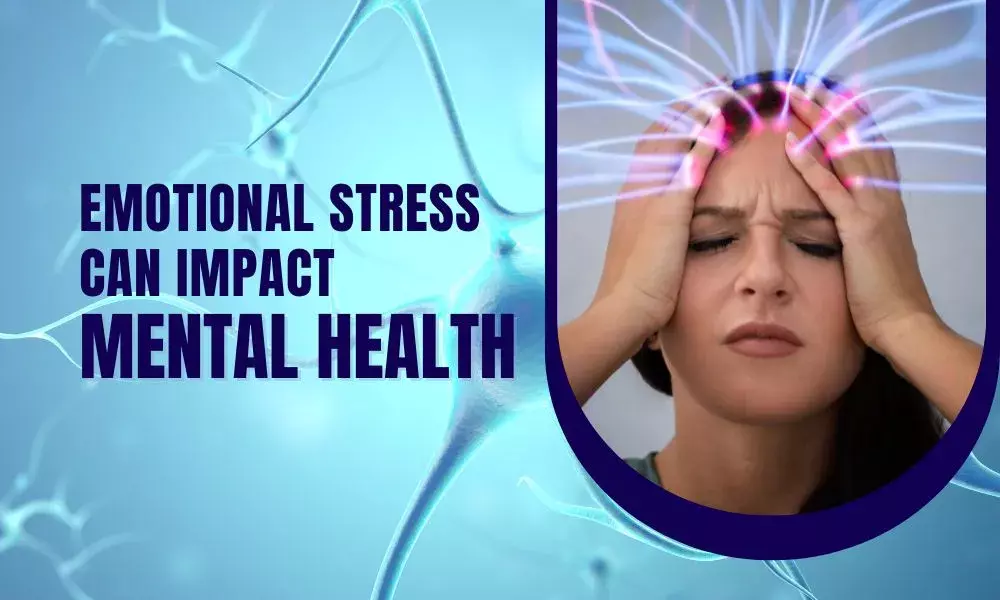Suicide has increasingly become one of the significant mental health problems in the recent past. As per current estimates, there are more than 7,00,000* suicide cases reported every year worldwide, which is an alarming number!
Table of Content
-
World Suicide Prevention Day
-
Theme for 2023
-
What are Suicidal thoughts?
-
What causes Suicidal thoughts?
-
Managing Suicidal thoughts
World Suicide Prevention Day is observed on September 10 every year to draw attention to the growing number of suicides in society. It focuses on raising awareness among organizations, governments, and the public to convey that suicides are preventable.
The World Health Organization (WHO) has defined this year’s theme as “Creating Hope Through Action.” This theme intends to create hope for those with suicidal thoughts. It implies that we must pass on positive signals through our actions to people with suicidal thoughts so that they feel hopeful about life, thereby preventing suicide.
What are Suicidal thoughts?
Suicidal thoughts can be active or passive. Active suicidal thoughts are described when an individual has clear and specific thoughts about ending his or her life.
Passive suicidal thoughts, on the other hand, are vague thoughts when an individual doesn’t have a definite plan to end life. These may be frequent thoughts about dying, thinking of ways to die, or wishing to simply stop living.
What causes Suicidal thoughts?
Suicidal thoughts generally do not have one single cause. Many factors may cause self-destructive thoughts. Specific factors that may aggravate suicidal thoughts include:
-
Mental health conditions like anxiety, depression, schizophrenia, bipolar disorder, post-traumatic stress disorder.
-
Major life stressors or challenges, loss of a loved one, legal difficulties, financial concerns, or divorce
-
Life-threatening health conditions, such as cancer
-
Chronic and unbearable pain
-
Family or Relationship abuse
-
Bullying or peer group pressure at school or work
-
Attempting suicide in the past
Managing Suicidal thoughts
When an individual experiences suicidal thought, it is a complex emotional and mental situation. However, the fact is it can be prevented with adequate and sensitive methods. Here are ten effective techniques to keep suicidal thought at bay.
-
Reach out. Trusted loved ones can listen and offer emotional support. They can also help one feel safe. If one is unsure whom to turn to, they may start with a crisis counsellor. The counsellor will listen with compassion and offer guidance on ways to reach out.
-
Safe house. Getting to a secure location can make it easier to avoid acting on suicidal thoughts. One might try a library or other public spaces, a friend’s house, or somewhere else where one may feel comfortable.
-
Get rid of weapons. Safety also means staying away from weapons, medications, or other possible methods of suicide. A friend or family member can help remove these items or stay with the person getting suicidal thoughts.
-
Avoid alcohol or other addictive substances. Drinking alcohol or consuming substances might seem helpful for numbing painful and unwanted emotions, but these substances worsen depression and suicidal thoughts.
-
Grounding techniques. Going for a short walk or run, 4-7-8 breathing, cuddling a pet are examples of grounding techniques that can help one stay calm during intense distress.
-
Relaxing. Listening to music, savoring a favourite food or beverage, or looking at photos (or videos) of people and animals you love can help in forgetting self-destructive thoughts.
-
Crisis plan. Safety planning can go a long way toward helping one stay safe in a crisis. Safety plans typically involve compiling lists of triggers or early signs of suicidal thoughts, coping tips, and contact information for supportive loved ones or professionals in one place. A therapist or a loved one can help in developing a plan, and eliminate the triggers.
-
Stay connected. Feelings of guilt or a sense of being a burden can lead to avoiding loved ones, but staying in touch with the people caring about us can make navigating a mental health crisis easier. One must try contacting someone they trust.
-
Positive distractions. Activities that one enjoys could help ease dark or painful thoughts and even rekindle some feelings of joy by helping an individual remember a few reasons to keep living.
-
Self-care. Ensuring to take care of your physical needs may not necessarily reduce thoughts of suicide. But it may calm and distract suicidal thoughts. One must try to eat balanced meals and stay hydrated, do some physical activity, and aim to sleep 7 to 9 hours each night.
Even when life’s challenges and painful moments feel overwhelming, it can help to remember that we are not alone. Opening up about how we feel may not change our situation or completely banish those thoughts, but sharing those thoughts with a loved one or therapist can make it easier to get the right kind of support.
Data source: World Suicide Prevention Day 2023 (who.int)





